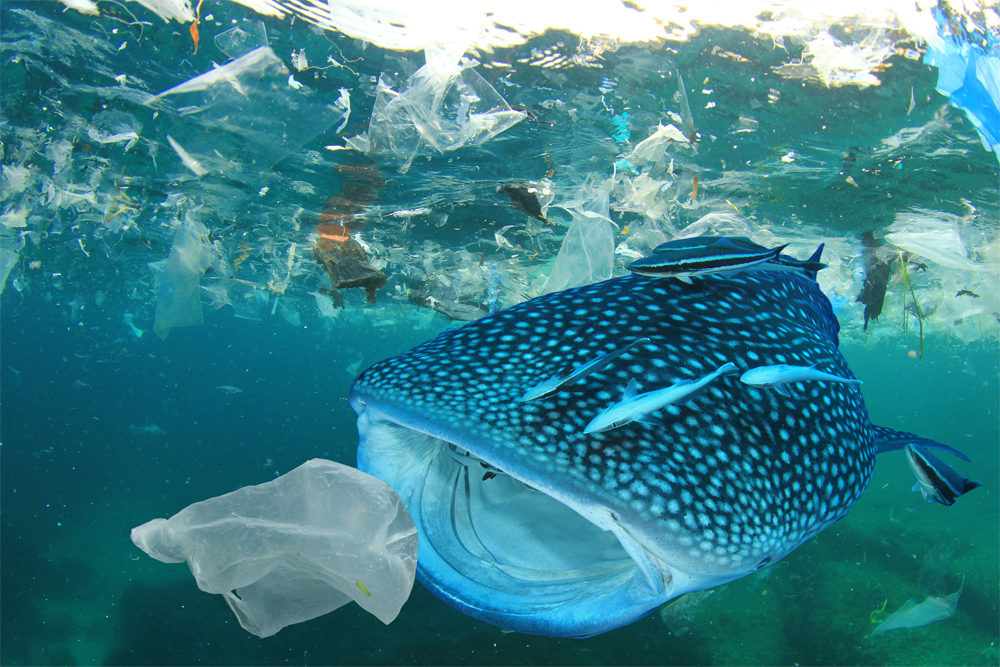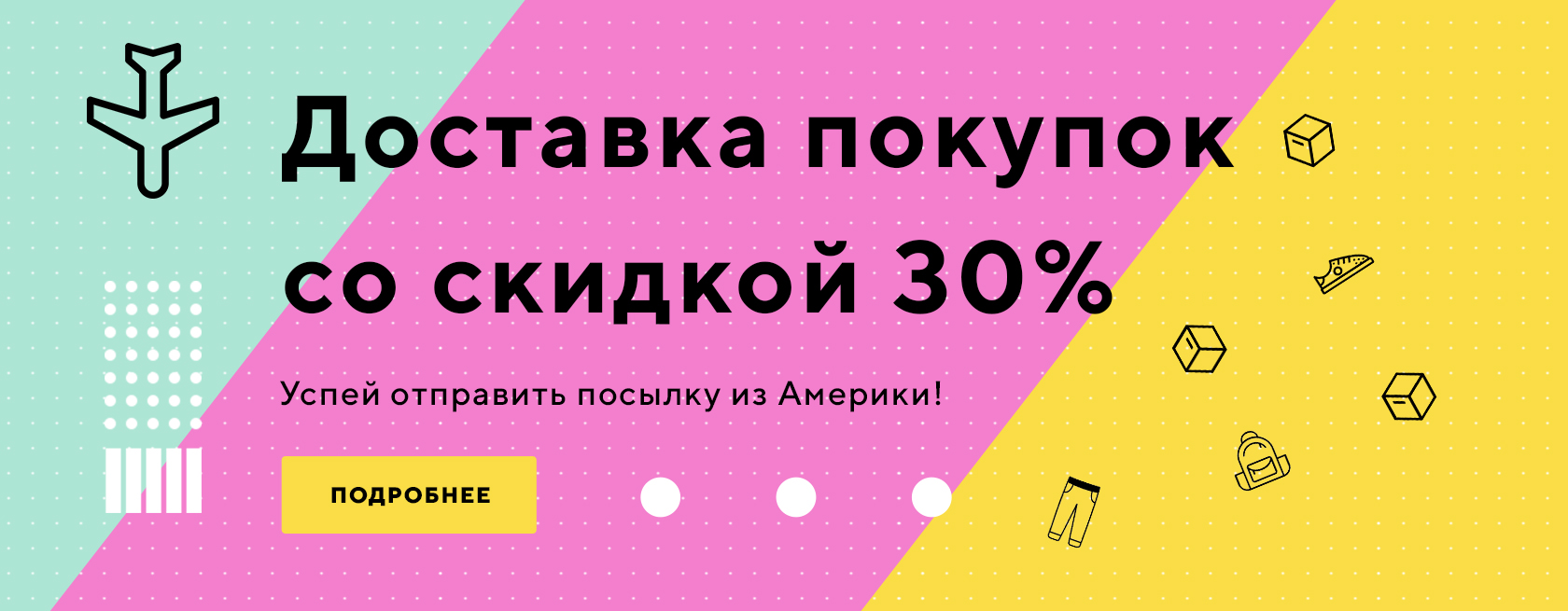Europe has banned the use of disposable plastic

Despite attempts to limit the use of disposable plastic, its production continues to grow by 2-4% per year. Even countries with a long-established environmental mentality, such as Germany, are no exception. According to forecasts, the volume of the plastic packaging market by 2020 will be close to $ 1 trillion. Only one-time plastic bags according to the UN data every minute in the world use 10 million, and most of them find themselves in landfills and in the seas.
In order to combat the environmental threat, the European Parliament on Wednesday in a first reading approved a directive on the complete prohibition of 10 types of disposable plastic, including bags, plates, spoons, forks, knives, tubing, fishing gear and coffee stirring sticks.571 parliamentarians voted for the initiative, against - 53, another 34 deputies abstained.
The ban will take effect in 2021. It is assumed that by that time enterprises will be able to switch to the production of these items not from plastic, but from environmentally friendly materials.

Plastic production in the world, from 1954 to 2018
The “biodegradable” plastic, which can decompose into microparticles under the influence of oxygen, also got into the “black list”. The European Commission concluded that its environmental friendliness is a myth. The fact that we stop seeing him does not mean that he does not harm nature. Ocean garbage consists of 80% of such waste - small plastic, which is not always visible to the naked eye, especially from a ship.
European Commission First Vice President Frans Timmermans said in an interview with Reuters :
Europe finally realized that we could not just weigh it on someone else’s shoulders. If we don’t do it now, if we don’t move fast ... there will be more plastic in our oceans than fish.
At this the deputies decided not to stop. By 2025, it is planned to limit the use of other plastic products, including cigarette filters, glasses and plastic containers for food. Also by 2025 it is planned to recycle about 90% of the plastic bottles produced.

